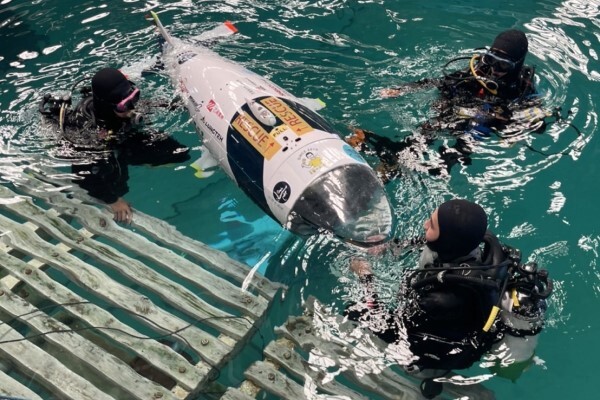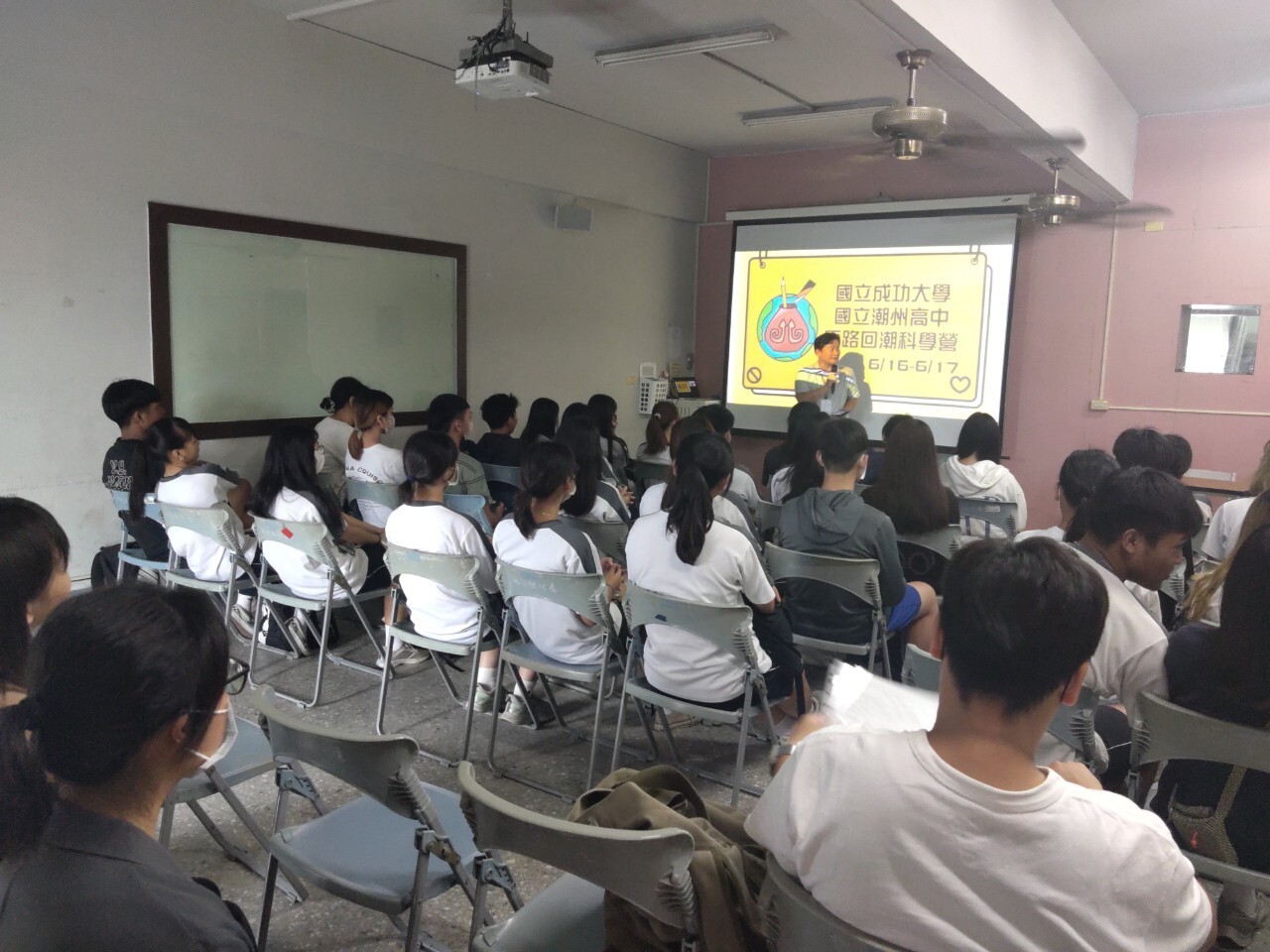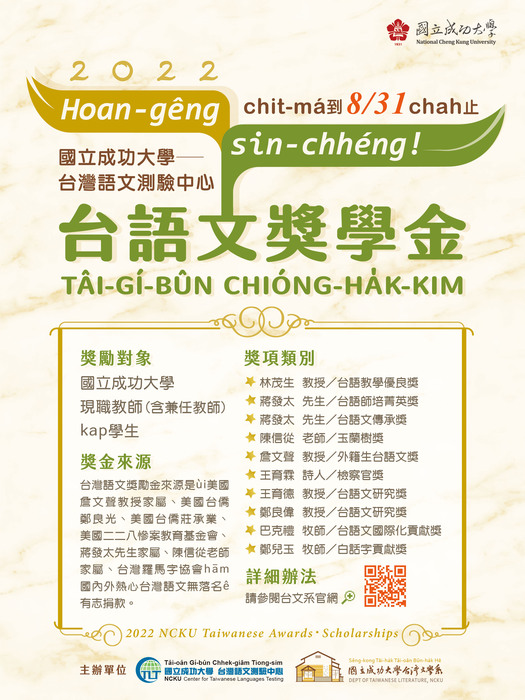SDG4
NCKU and Chao-Chou Senior High's Science Camp: Integrating Science and Indigenous Culture, Garnering Acclaim
National Cheng Kung University (NCKU) and Pingtung Chao-Chou Senior High School jointly organized the "Return to Chao-Chou" High School Science Camp on June 16th and 17th. The camp led students to visit NCKU laboratories, the Science Education Center of the College of Science, and to experience the most important local events, the "Ritual of Human-Deity Covenant" and the "Thorn Ball Ceremony" in the Wangjia Tribe of Pingtung. The activity, which integrates scientific education and indigenous cultural knowledge, attracted enthusiastic participation from students. Initially planned for 30 participants, the camp eventually accommodated 36 students, showing high demand.
The opening ceremony of the science camp was held at NCKU on the morning of the 16th, with Principal Lin Yiwen of Chao-Chou Senior High School in attendance. Associate Professor Ting-Li Lin from the Department of Earth Sciences at NCKU, who is of the Paiwan tribe, delivered a keynote speech titled "My Journey in Science," sharing his personal experience in scientific research and encouraging students to break through learning boundaries. Subsequently, the students visited the Science Education Center of the College of Science and engaged in practical experiments with "Electronic Building Blocks - Electroluminescent Sound Combination Circuit" and attempted learning exercises.
In the afternoon, the students were divided into three groups to visit laboratories of the College of Bioscience and Biotechnology, the Department of Earth Sciences, and the Institute of Archaeology. They first visited the Huk Creative Classroom of the College of Bioscience and Biotechnology to learn about the college's introduction, observe shell specimens, and visit laboratories related to plants. The Department of Earth Sciences arranged visits to the High-Pressure Mineral Physics Laboratory, while the Institute of Archaeology showcased bone specimen rooms and archaeological artifacts.
On the second day, the students visited the Wangjia Tribe to learn about the most important event of the Paiwan tribe, the "Ritual of Human-Deity Covenant," held once every five years. Guided by local traditional leaders (chiefs) such as Luo Junjie and elders like Lin Shiji, they learned about the execution and cultural significance of the ritual. The students also had the opportunity to experience the important ceremony of the festival, the "Traditional Thorn Ball," by using long poles to hit distant balls. Behind the traditional Thorn Ball ceremony lies concepts of mathematics and scientific principles such as trigonometry, projectile motion, and Newton's laws of motion, which were explained during the visit to the science education center the previous day.
Associate Professor Ting-Li Lin stated that the two-day high school science camp, which included campus visits, laboratory tours, tribal visits, lectures by local elders and traditional leaders, aimed to plant the seeds of scientific research knowledge and enhance interaction with diverse ethnic groups in the students' hearts, hoping to positively influence their future learning and careers.
The opening ceremony of the science camp was held at NCKU on the morning of the 16th, with Principal Lin Yiwen of Chao-Chou Senior High School in attendance. Associate Professor Ting-Li Lin from the Department of Earth Sciences at NCKU, who is of the Paiwan tribe, delivered a keynote speech titled "My Journey in Science," sharing his personal experience in scientific research and encouraging students to break through learning boundaries. Subsequently, the students visited the Science Education Center of the College of Science and engaged in practical experiments with "Electronic Building Blocks - Electroluminescent Sound Combination Circuit" and attempted learning exercises.
In the afternoon, the students were divided into three groups to visit laboratories of the College of Bioscience and Biotechnology, the Department of Earth Sciences, and the Institute of Archaeology. They first visited the Huk Creative Classroom of the College of Bioscience and Biotechnology to learn about the college's introduction, observe shell specimens, and visit laboratories related to plants. The Department of Earth Sciences arranged visits to the High-Pressure Mineral Physics Laboratory, while the Institute of Archaeology showcased bone specimen rooms and archaeological artifacts.
On the second day, the students visited the Wangjia Tribe to learn about the most important event of the Paiwan tribe, the "Ritual of Human-Deity Covenant," held once every five years. Guided by local traditional leaders (chiefs) such as Luo Junjie and elders like Lin Shiji, they learned about the execution and cultural significance of the ritual. The students also had the opportunity to experience the important ceremony of the festival, the "Traditional Thorn Ball," by using long poles to hit distant balls. Behind the traditional Thorn Ball ceremony lies concepts of mathematics and scientific principles such as trigonometry, projectile motion, and Newton's laws of motion, which were explained during the visit to the science education center the previous day.
Associate Professor Ting-Li Lin stated that the two-day high school science camp, which included campus visits, laboratory tours, tribal visits, lectures by local elders and traditional leaders, aimed to plant the seeds of scientific research knowledge and enhance interaction with diverse ethnic groups in the students' hearts, hoping to positively influence their future learning and careers.
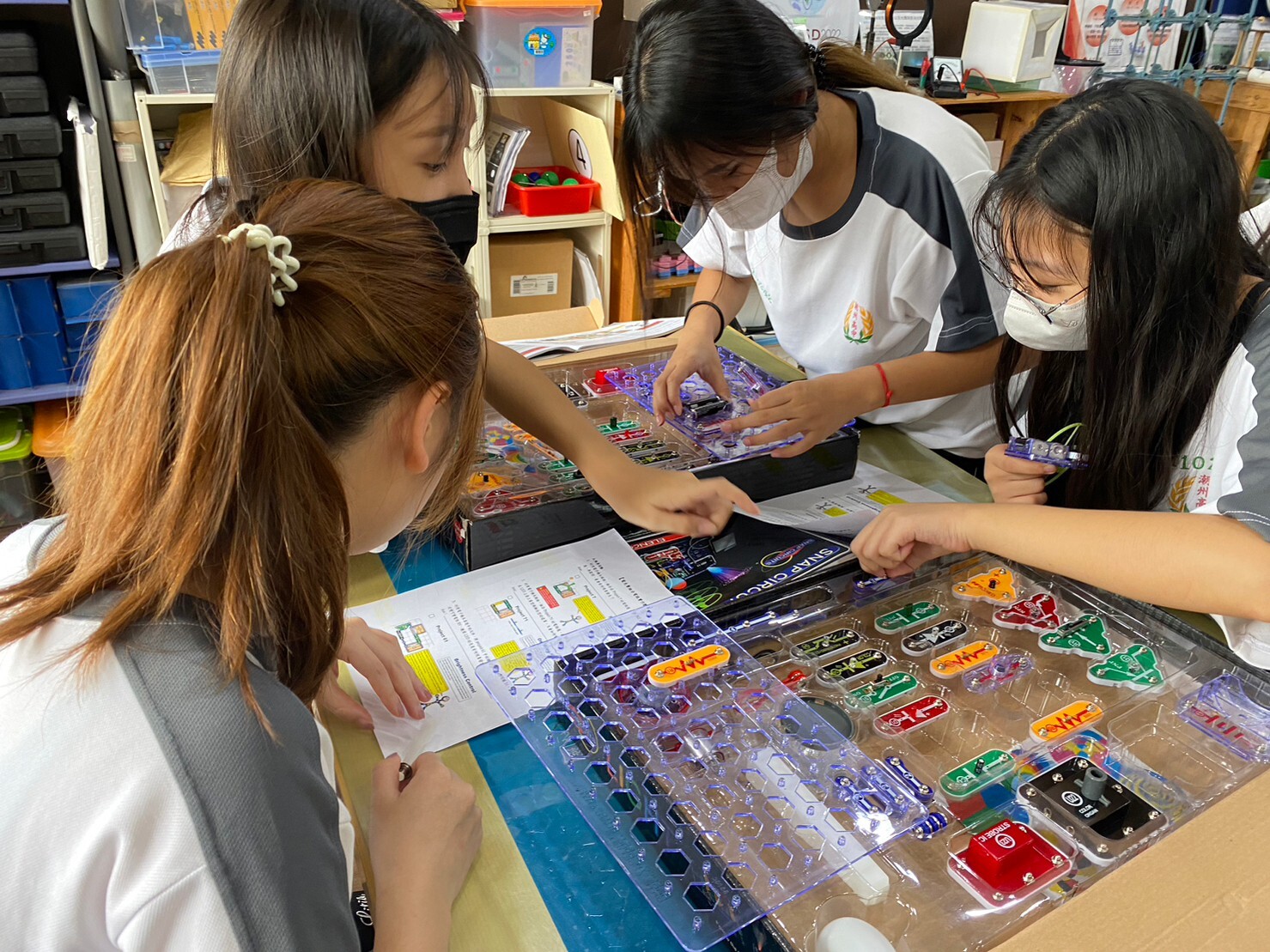
"Electronic Blocks - Electronic Light and Sound Combination Circuit Practical Experiment" allows students to experience the fun of science.
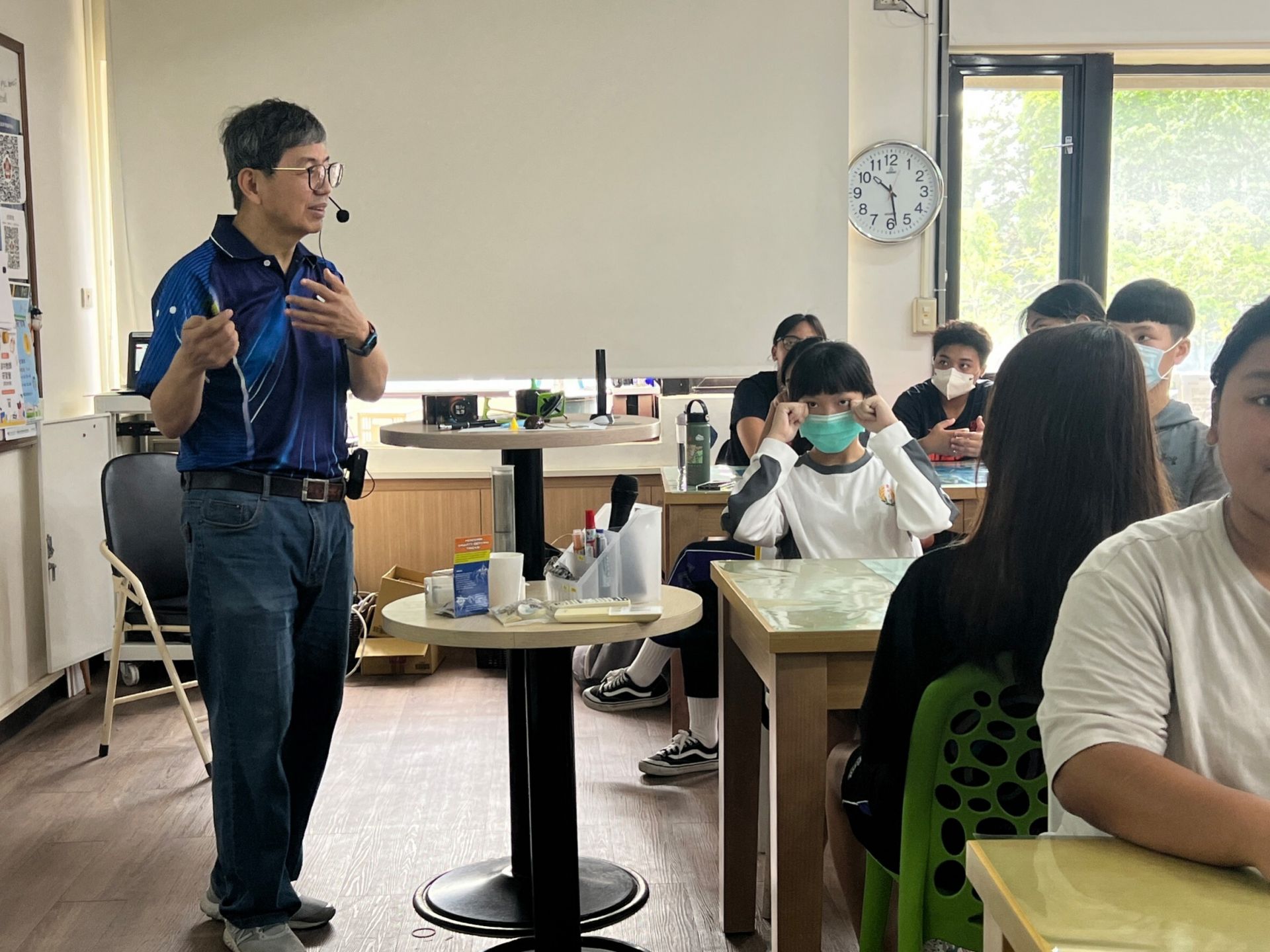
The Science Education Center of the College of Science explains the mathematical and scientific principles behind the Paiwan tribe's "Man and God Covenant Ceremony" ritualistic "Djemuljatl" ceremony.
